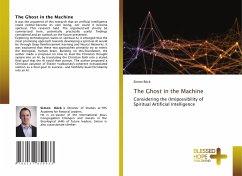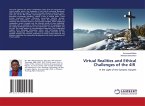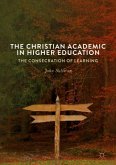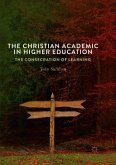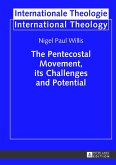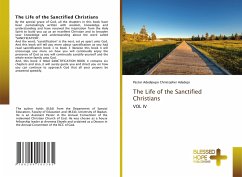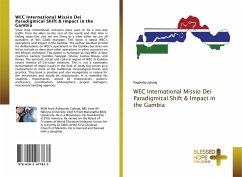It was the argument of this research that an artificial intelligence could neither become its own being, nor could it become spiritual. This research held. The argument will shortly be summarized here, potentially practically useful findings considered and an outlook on the future presented.Exploring technological routes to spiritual AI, it emerged that the most promising approach towards developing a spiritual AI would be through Deep Reinforcement learning and Neural Networks. It was explained that these two approaches primarily try to mimic the biological, human brain. Building on this foundation, the author made a proposal on how to load the Christian thought system into an AI, by translating the Christian faith into a stated final goal that the AI could then pursue. The author proposed a Christian variation of Eliezer Yudkowsky's coherent extrapolated volition as a final goal to success- and faithfully load Christianity into an AI.
Bitte wählen Sie Ihr Anliegen aus.
Rechnungen
Retourenschein anfordern
Bestellstatus
Storno

